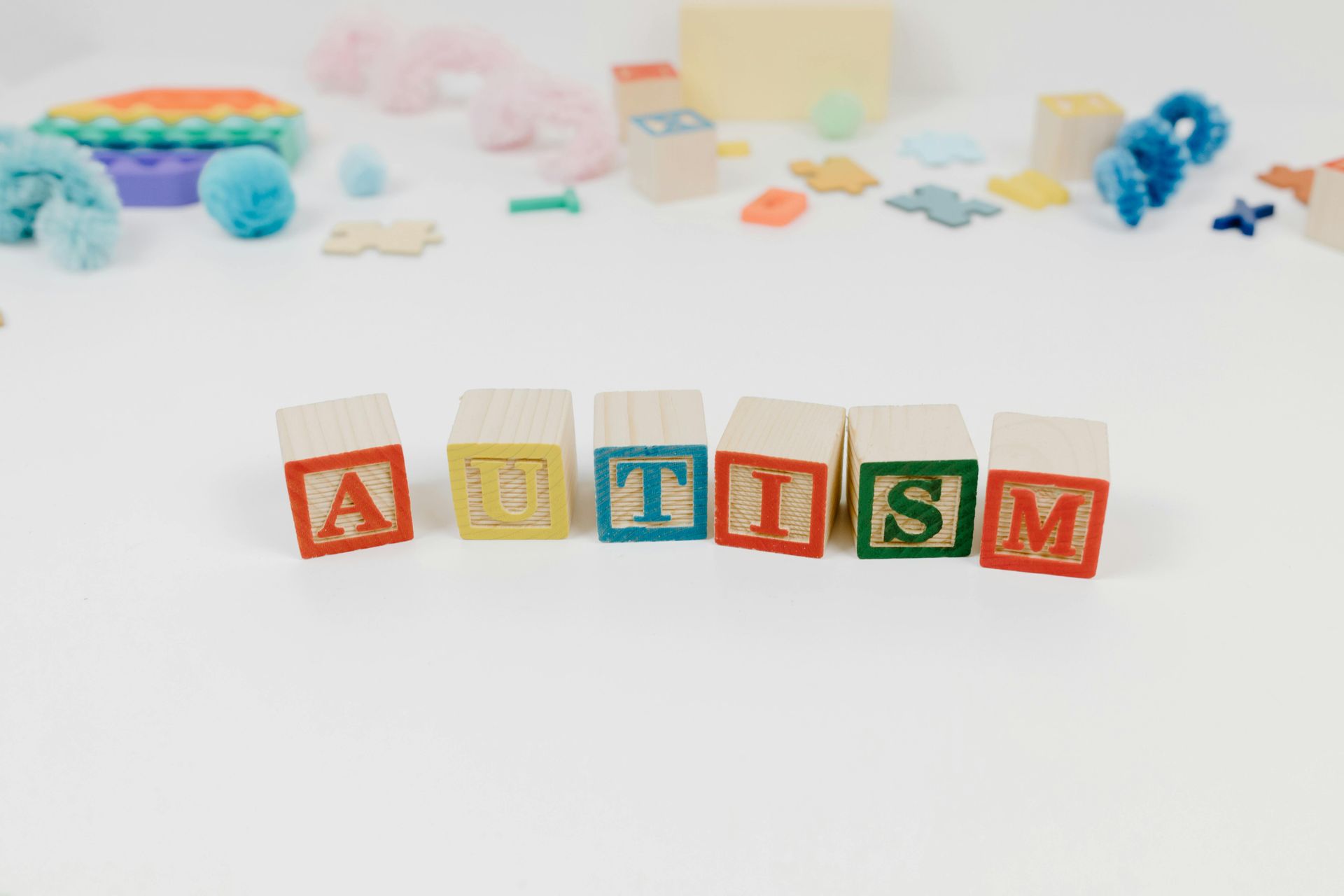Dementia is a condition that affects millions of individuals worldwide, yet its impact is deeply personal and often overwhelming for those living with it and their caregivers. Understanding dementia and implementing effective care strategies can significantly improve the quality of life for those affected.
Understanding Dementia
Dementia is not a specific disease but a general term for the impaired ability to remember, think, or make decisions that interfere with daily life. Alzheimer’s disease is the most common cause of dementia, but there are many other types, including vascular dementia, Lewy body dementia, and frontotemporal dementia. While dementia primarily affects older adults, it is not a normal part of aging.
Key Symptoms to Watch For:
- Memory loss, especially recent events
- Difficulty in planning or solving problems
- Confusion with time or place
- Trouble with language, such as finding the right words
- Withdrawal from social activities
- Changes in mood and personality
Caring for Someone with Dementia
Caring for a loved one with dementia can be both rewarding and challenging. Here are some essential tips for effective care:
- Create a Safe Environment
- Remove hazards such as loose rugs, sharp objects, and clutter.
- Install handrails, grab bars, and adequate lighting.
- Keep commonly used items in predictable, easy-to-reach locations.
- Establish a Routine
- Routines provide structure and reduce confusion. Schedule meals, activities, and bedtime consistently.
- Simplify tasks into smaller steps to help the individual feel more in control.
- Practice Patience and Compassion
- Avoid correcting or arguing with the person. Instead, gently redirect conversations if needed.
- Understand that repetitive questions or behaviors are part of the condition.
- Engage in Activities
- Encourage activities that match their abilities, such as listening to music, gardening, or doing puzzles.
- Exercise and fresh air can improve physical health and reduce agitation.
- Communicate Effectively
- Speak slowly and clearly, using simple sentences.
- Maintain eye contact and offer reassurance with your tone and body language.
- Take Care of Yourself
- Caregiving is demanding, so prioritize your physical and emotional health.
- Seek support from caregiver groups or respite services.
Professional Support
As dementia progresses, professional care may become necessary. Trained caregivers and programs tailored to individuals with dementia can provide specialized assistance, offering both the person living with dementia and their families much-needed support.
If you or a loved one is navigating the challenges of dementia, know that help is available. Explore services designed to provide compassionate and skilled care for individuals with dementia. Visit Global Hands Inc. to learn more and connect with professionals who can support your journey.










